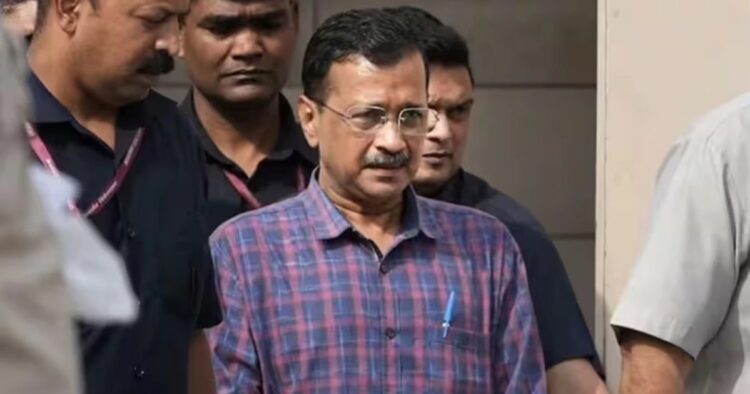In a significant development, the Delhi High Court has dismissed Arvind Kejriwal’s plea challenging his arrest in the liquor scam case by the Enforcement Directorate (ED). The court ruled that the ED’s remand after the arrest cannot be deemed illegal, emphasizing that the arrest of the Delhi Chief Minister does not violate legal provisions.
During the hearing, the court underscored its focus on constitutional morality rather than political morality. It highlighted that the statements of approvers will be evaluated during the trial, with Kejriwal having the opportunity to cross-examine them. Kejriwal is currently in judicial custody in connection with a money laundering case linked to the alleged excise scam.
The court further emphasized its role in scrutinizing the veracity of government witnesses, noting that the legal provision of making approvers has been in place for over a century and has been employed in numerous cases before. It clarified that the statement of the High Court approver is drafted by the court, not the ED, and questioning it amounts to questioning the judge.
According to the ED, Kejriwal, as the convenor of the AAP, is allegedly involved in using money for campaigning in Goa. The High Court cited ED’s assertion that Kejriwal is implicated in the entire matter.
Highlighting the nature of Kejriwal’s petition, the court noted that it challenges custody rather than seeking bail. Kejriwal had also raised concerns about the timing of his arrest, alleging it to be against the basic structure of the Constitution, including principles of democracy and free and fair elections.
The ED countered Kejriwal’s plea, arguing that he cannot claim immunity from arrest, especially considering the upcoming elections, as the law applies equally to him and the common citizen.
Kejriwal’s arrest by the ED occurred on March 21, following the High Court’s refusal to grant him protection from coercive action by the agency. Subsequently, he was sent to judicial custody on April 1 after the expiry of his ED custody.
The case revolves around allegations of corruption and money laundering in formulating and executing the Delhi government’s excise policy for the year 2021-22, which was later scrapped.

















Comments